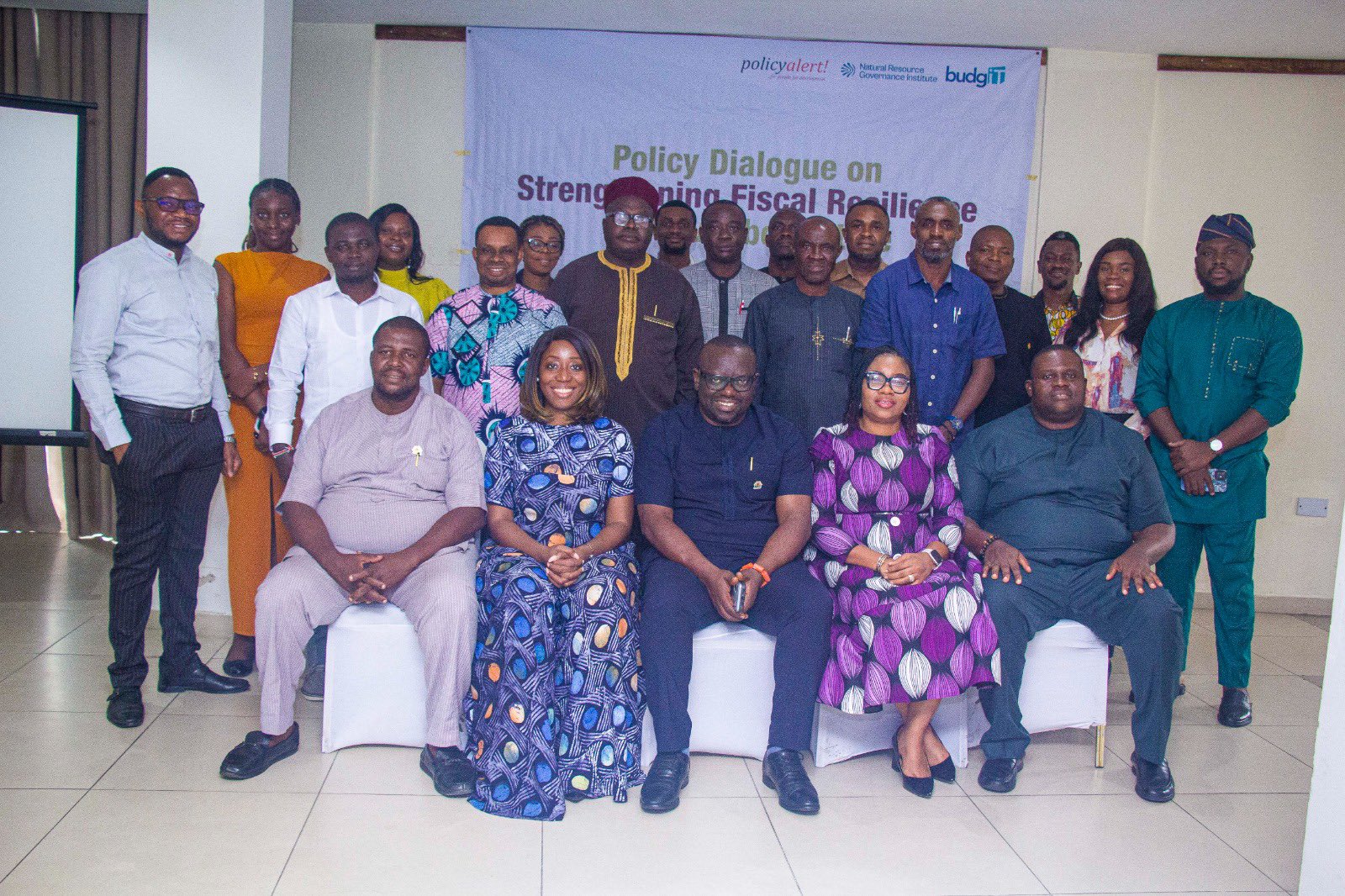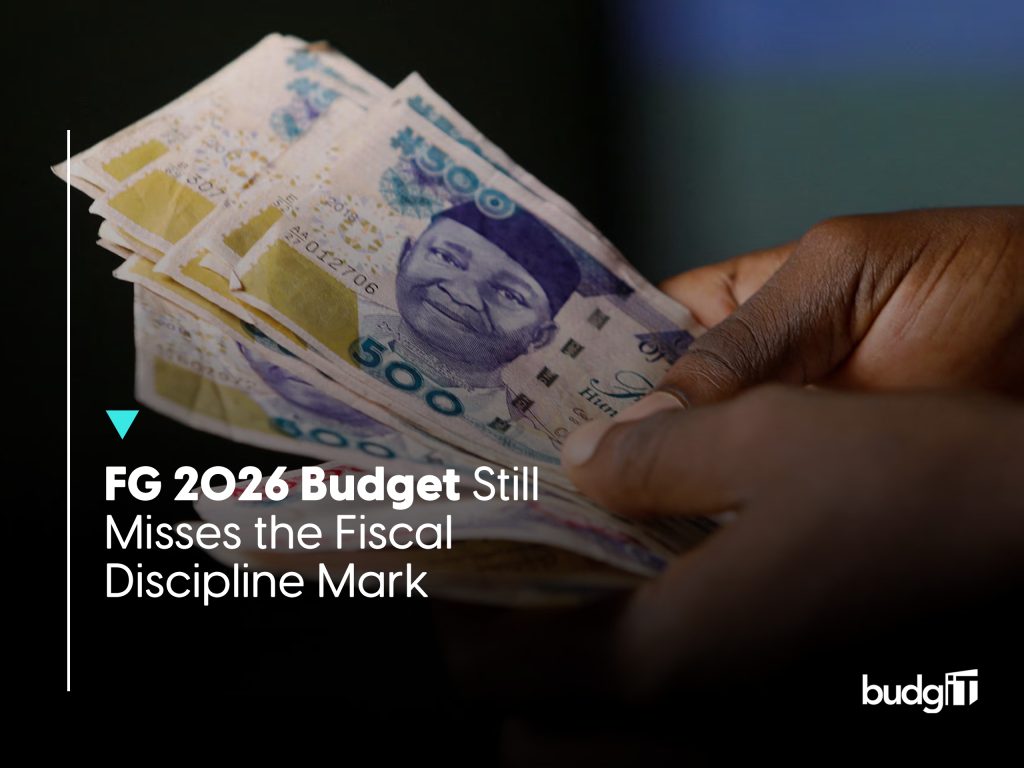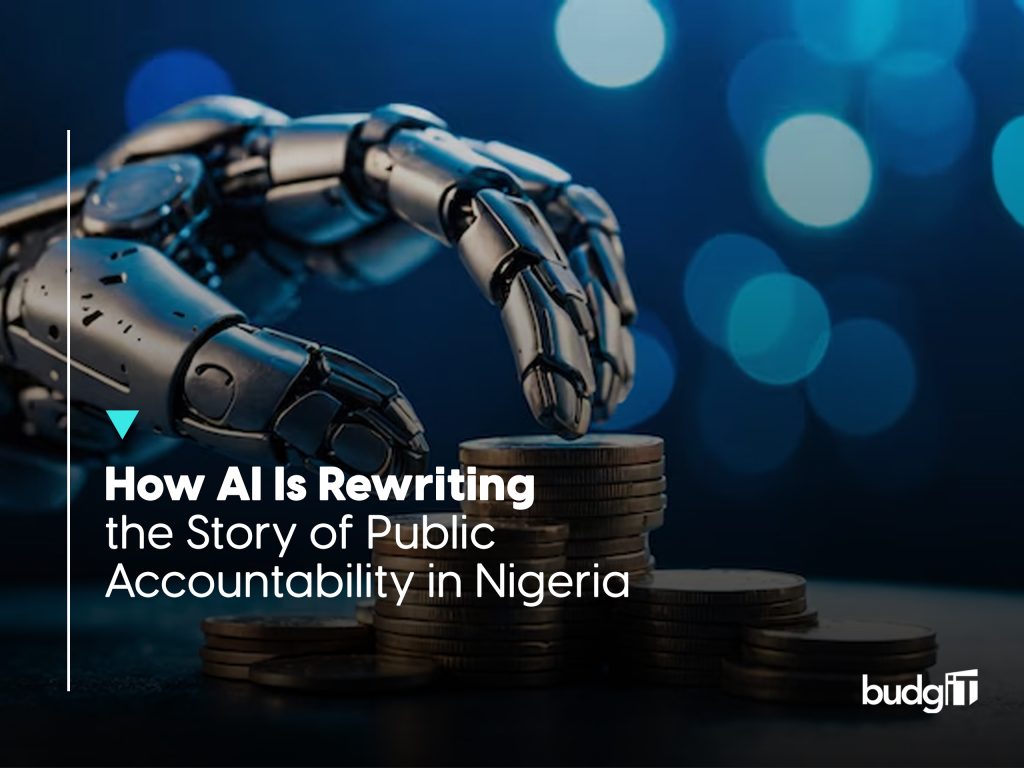BudgIT, with support from the Natural Resource Governance Institute, NRGI, and Policy Alert Nigeria, engaged state actors, civil society organisations and other key stakeholders at a one-day policy dialogue themed Strengthening Fiscal Resilience for Energy Transition in Akwa Ibom at Monty Suites Hotel, Uyo, Akwa Ibom state. The policy dialogue aimed to discuss research findings on Akwa Ibom’s resilience to the global energy transition and develop actionable strategies to enhance the state’s fiscal stability.
At the end of the policy dialogue, the following observations and recommendations were made on the needs and gaps for strengthening fiscal resilience in Akwa Ibom State.
OBSERVATIONS
- Akwa Ibom State has no defined energy transition policy or response plan. A strategy document that emphasises inclusivity and engages multiple stakeholders in policy-making is needed.
- The state has made many investments over the years; however, only a few have yielded commensurate dividends. In many cases, the returns have yet to justify the quantum of investments in those assets, and in other cases, the investments were not practical.
- Akwa Ibom State relies heavily on oil and gas revenue, exposing its fiscal sustainability to volatility and uncertainties. This underscores the need to pursue economic diversification.
- Concerns about the budgeting process’s lack of transparency and accountability emphasised the need for improved budget credibility.
- The current revenue collection system is inefficient and open to abuse, a challenge that could be addressed by deploying technological systems.
- The state’s investments in power generation prioritise SMEs, recognising their role in fostering sustainable economic growth compared to over-reliance on large corporations.
- The level of awareness of energy transition in the state is still low, especially in rural communities.
- Collaboration with the private sector to provide renewable energy solutions to address the state’s energy transition needs is encouraged.
- Recent signals point to prioritising capital expenditures, demonstrating the importance of addressing critical infrastructure deficits that hinder development.
Recommendations
- The government needs to establish a comprehensive policy at the subnational level to address the energy transition. This policy should be inclusive and engage all stakeholder groups in its development.
- Akwa Ibom should intensify efforts to diversify its economy, shifting its focus from oil and gas to other sectors, such as agriculture and tourism.
- The state should adopt technological systems for revenue collection, modelling successful states like Kaduna. This will enhance transparency and efficiency.
- The government should collaborate with investment experts and private sector groups to develop a state investment strategy document, and CSOs should actively influence its creation.
- The state can collaborate with CSOs and development partners to drive awareness campaigns about energy transition in all forms of media, making the message relatable and accessible to community members.
- State governments should actively attract more investors to provide renewable energy solutions, bridging the energy access gap and contributing to the clean energy transition.
- The state should continue to prioritise capital expenditure to address the infrastructure gap.
- Addressing infrastructural deficits such as power, roads, and digital infrastructure will improve business efficiency. Multiple taxes should also be addressed.
Endorsed by:
BudgIT Foundation
Citizens Advocacy Centre
Daily Post
Inspiration FM
NAPPDRR
Natural Resource Governance Institute (NRGI)
Policy Alert
Well of Science



